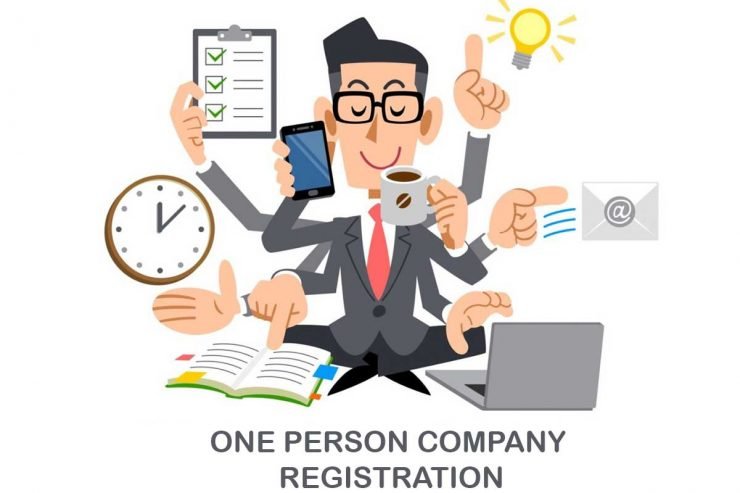Copyright Registration confers upon its owner exclusive rights to copy or reproduce the work or allow or give permission to another person to do so. Copyright is ordinarily possessed by the creator of the work. Copyrights are also transferable.
Copyright registration protects the rights of the inventors in the case of an infringement. This is legal protection that no other can misuse the copyrighted of writer or creator in any form of prescribed work without the consent of the owner.
Copyright identifies the exclusive rights of the owner over an original/ unique work. Such as Music, books, development of software, making films, fashion designs, brochures, and training manuals all enjoy copyright protection, even without copyright registration.
Registering the work with the registrar of the copyright office is essentially a copyright protection insurance policy. It produces a public record of the work done and also you can subsequently sue anyone for copyright violation made. Copyright registration is only considered as prima facie evidence if done within 5 years of the creation of the work.
Copyright shall subsist throughout India in the following class of works, i.e. to say
It means the special right to do or give consent to the doing of any of the following acts in respect to the provisions of this Act, namely.
In the case of a literary, dramatic or musical work, which is not being a computer program, to replicate the work in any material form including the following:
The copyright protection is valid for life + 60 years after the death of the creator/author/owner.
Various reasons to Copyright Registration are as follows:



